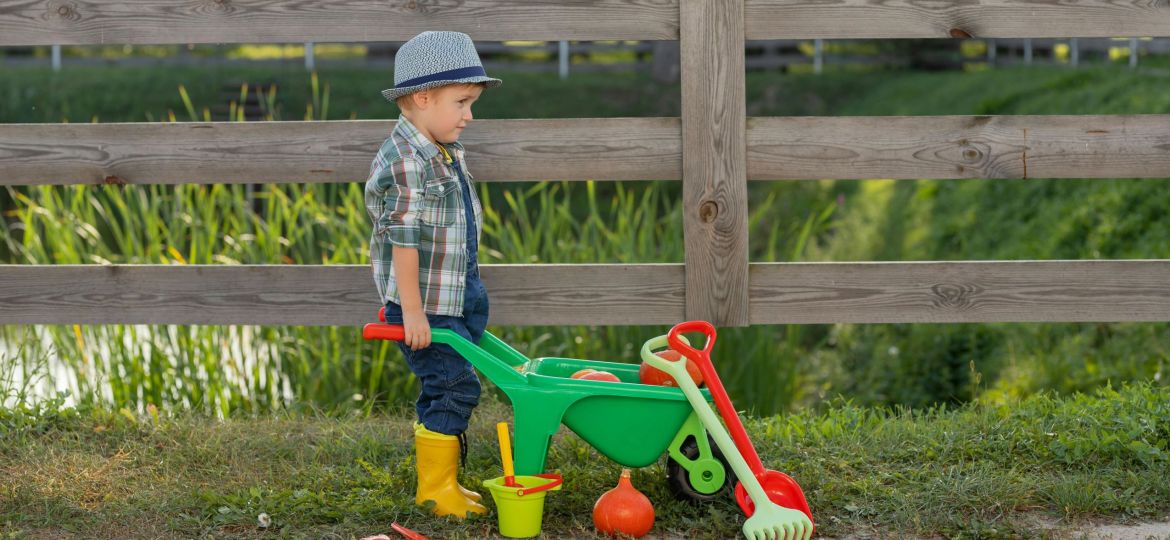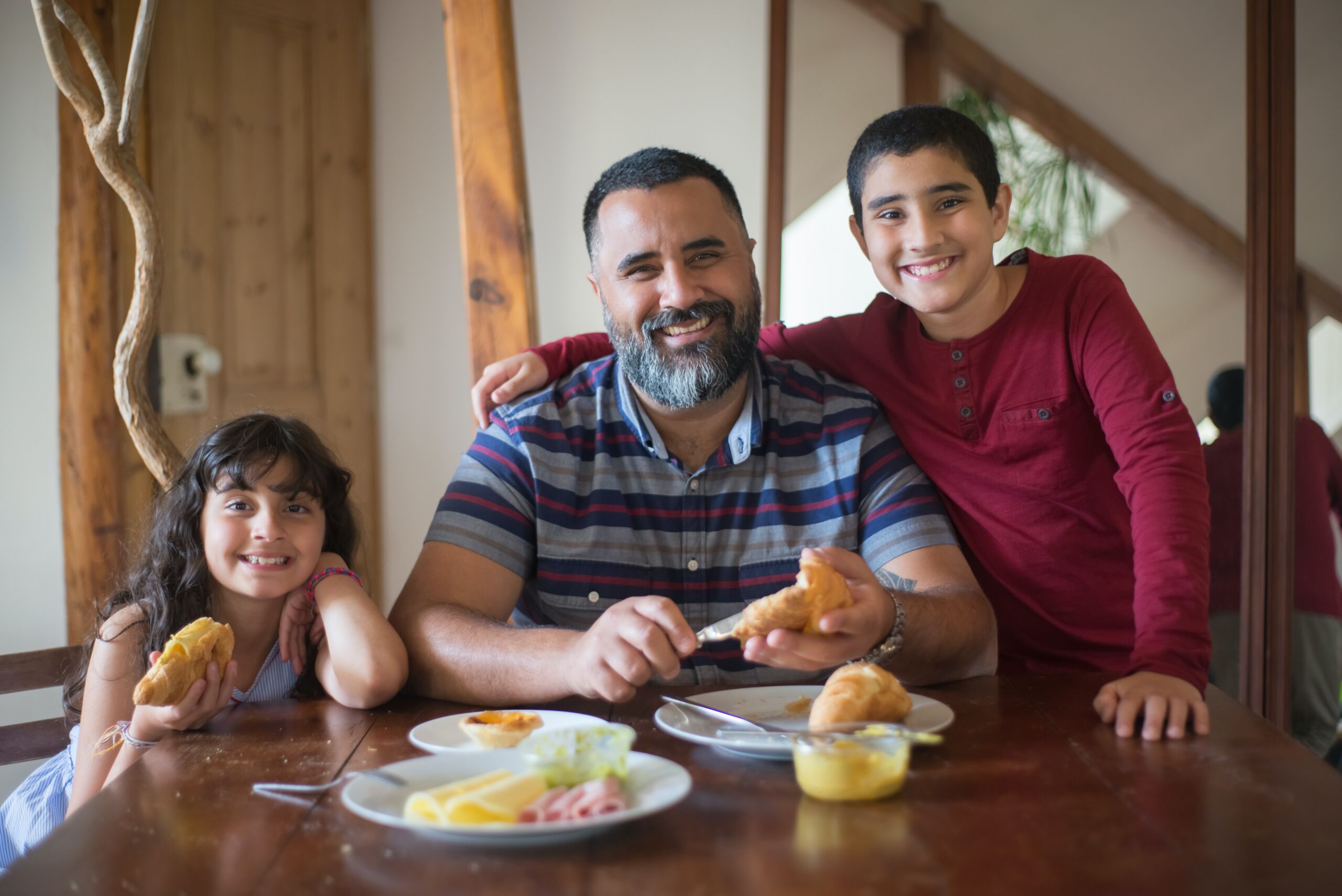
FH Summary: In the blog post, we explore how the Stoic wisdom from the book “The Obstacle is the Way” can be applied to child development, emphasizing the creation of an upward spiral through cultivating resilience and a growth mindset. First Habits encourages parents to teach by example, using daily routines and emotional intelligence to instill habits that prepare children to turn challenges into opportunities for growth. The post invites parents to join the First Habits community to learn more about shaping their children’s character and future through practical, Stoic-inspired parenting techniques.
As we navigate the unpredictable waters of parenthood, we are constantly searching for the shore where our children can thrive. The book The Obstacle is the Way, by Ryan Holiday, offers a navigational star through life’s tempests. This timeless treatise, echoing Stoic philosophy that has guided generations of parents, can illuminate our path as we strive to instill resilience in our children. At First Habits, we delve deeply into this wisdom, seeking to arm young minds with habits that shape their destiny.
Understanding the Stoic Compass in Childhood Development
The core of Stoic philosophy, as Holiday presents, is that obstacles need not hinder us; they can propel us forward. When we teach our children to view challenges not as barriers but as enigmas to solve, we imbue them with the power to build an upward spiral of self-improvement. This perspective aligns with Dr. Angela Duckworth’s research on “grit,” a quality that combines passion and perseverance for long-term goals. Dr. Duckworth’s work suggests that grit is a better predictor of success than IQ or talent.1 By fostering habits that encourage grit, we enable our children to ascend the spiral of personal development everyday.
Embracing the Struggle: A Short Story of Resilience
Consider the story of Emma, a young girl passionate about painting. She entered a contest but faced constructive criticism and didn’t achieve the results she was hoping for. Instead of succumbing to discouragement, she used the feedback as a stepping stone. Inspired by “The Obstacle is the Way,” her parents had nurtured in her the First Habit of perceiving setbacks as a necessity, a skill that transformed her artistic approach and led her to win the contest the following year. This tale embodies the transformative power of perspective, which we at First Habits believe is one of the key life lessons that parents can teach young children.
The Rhythms of Resilience: Establishing Daily Habits
Our lives are composed of habits, each one a thread in the tapestry of our character. Introducing children to structured routines, such as a consistent bedtime or study hour, sets the rhythm for a disciplined life. These habits, steeped in Stoic philosophy, teach our children that they are the sculptors of their fate, capable of molding chaos into order, much like Marcus Aurelius, who managed an empire while also finding time for reflection, empathy and resilience. Find more on habit formation here.
The Art of Active Parenting: Being Present in the Moment
Active parenting goes beyond providing. It’s about being there – in the flesh and spirit – during those pivotal moments when life teaches its hardest lessons. By responding to difficulties with composure and resourcefulness, we exemplify the essence of The Obstacle is the Way, thereby providing our children with a real-time playbook on navigating life’s hurdles.
Empathy: The Crucible for Connection
At the heart of First Habits’ teachings is empathy, the bridge that connects us to our children’s inner worlds. Through empathy, we can teach children to turn obstacles into opportunities. When they struggle with a math problem or a social conflict, our empathetic guidance shows them how to pivot their strategy, reinforcing the Stoic lesson that the obstacle is not the end, but the beginning of a new path.
Empathy is the cornerstone upon which emotional resilience is built. It allows us to enter our children’s world, to understand their struggles, be it a challenging math problem or a complicated social conflict, not from a distance, but from right beside them. This closeness is not about solving the problem for them but about showing them they are not alone in facing it, which is profoundly comforting and empowering.
Understanding, on the other hand, is the action arm of empathy. It takes the shared feelings and uses them to guide children towards seeing their struggles in a new light. When we understand the frustration of a child grappling with a math problem, we don’t just offer them the solution; we guide them to see the problem as a puzzle, something to be deciphered, fostering a mindset that sees challenges as solvable.
Similarly, with social conflicts, understanding helps us to guide children to look beneath the surface of the conflict, to see what others might be feeling, and to find common ground or a creative resolution. This pivot in strategy is vital, teaching children that every obstacle holds within it a lesson and a chance to grow – a pathway not to a dead-end but to a richer journey ahead.
Leading by Example: The Power of Parental Modeling
The Stoic belief in leading by example is more than an ideal; it is practical parenting wisdom. When children witness us approaching a difficult conversation with a calm demeanor or persevering through a project at work, they absorb these habits. We at First Habits emphasize the importance of modeling behavior that speaks louder than any words could.
A Journey of Habitual Growth: Building Foundations for the Future
In raising our children, we are not just nurturing the young; we are shaping the future. By instilling the foundational habits of Stoicism – such as resilience, perseverance, and adaptability – we provide them with tools for lifelong success. The journey starts with small, consistent practices. Encourage your children to keep a journal, as the Stoics did, to reflect on their daily experiences and growth. This first habit fosters self-awareness and introspection, pivotal for personal development.
Cultivating a Growth Mindset: The Key to Unlocking Potential
Drawing from the work of Dr. Carol Dweck, we recognize the importance of a growth mindset – a belief that abilities can be developed through dedication and hard work. First Habits is committed to nurturing this mindset from the outset, dispelling the myth of innate ability and replacing it with a focus on effort and learning as the true engines of growth.
The Habit of Service: Instilling Altruism and Empathy
First Habits also advocates for the habit of service to others. Service teaches children about empathy and compassion, essential qualities for leaders and individuals alike. By volunteering as a family or finding ways to help others, children learn to look beyond their obstacles and see the broader context of their actions in the world.
Fostering Emotional Intelligence: The Stoic Approach to Feelings
Stoicism teaches us to understand and control our emotions – not to suppress them, but to channel them productively. First Habits encourages parents to teach their children about emotional intelligence, helping them to identify and articulate their feelings. This ability to navigate emotions is vital in turning life’s adversities into advantages.
In Conclusion: Your Role in Cultivating the First Habits
As we conclude this exploration into the Stoic art of child rearing, it is clear that the teachings of “The Obstacle is the Way” are not mere philosophies to ponder but actionable principles to live by. The habits we instill in our children today become the cornerstone of their success tomorrow. We invite you to join the First Habits family and embark on this transformative journey. Visit our website, sign up for our newsletter, and together, let’s lay the groundwork for a future where every child is equipped to turn every obstacle into an opportunity.
In the labyrinth that is life, the lessons of Stoicism shine as beacons of hope and strategy. By teaching our children these principles, we prepare them not just to navigate but to conquer their challenges and to build an upward spiral that elevates them beyond the ordinary. Join us at First Habits, and let’s inspire our children to turn trials into triumphs, one habit at a time.
References:
1 Angela Duckworth TED Talk, https://www.ted.com/talks/angela_lee_duckworth_grit_the_power_of_passion_and_perseverance?language=en







